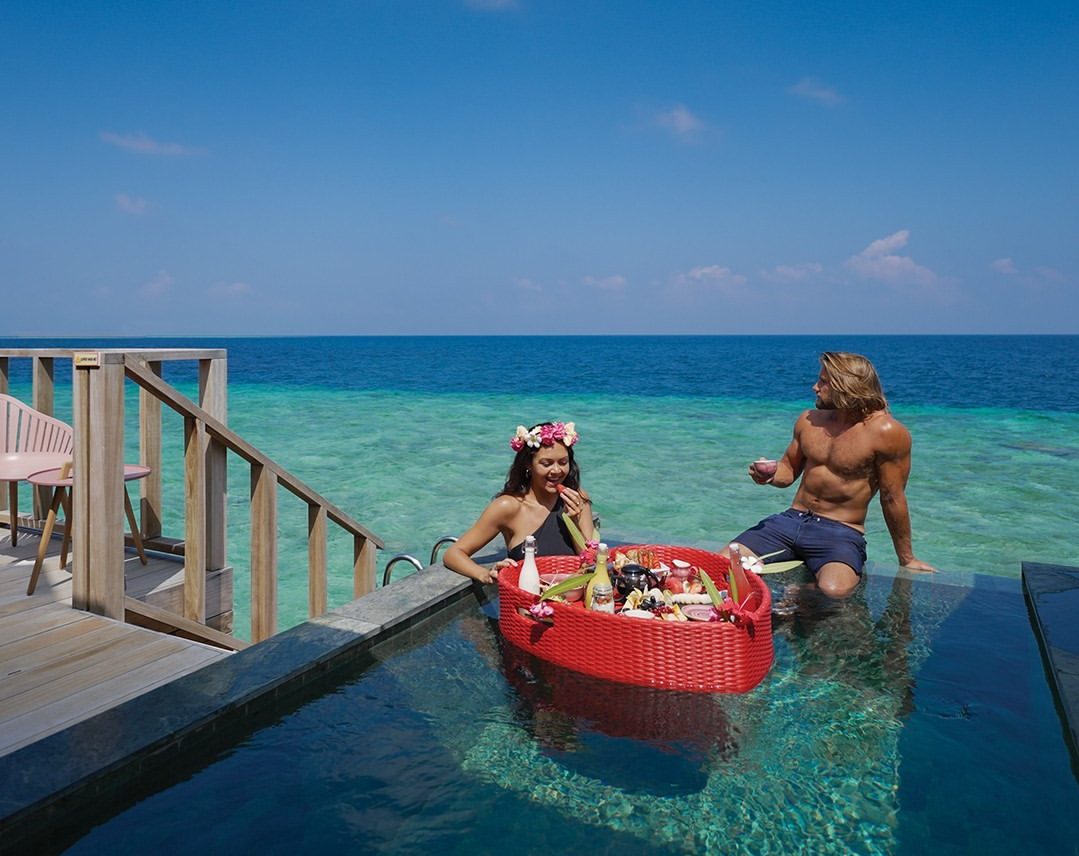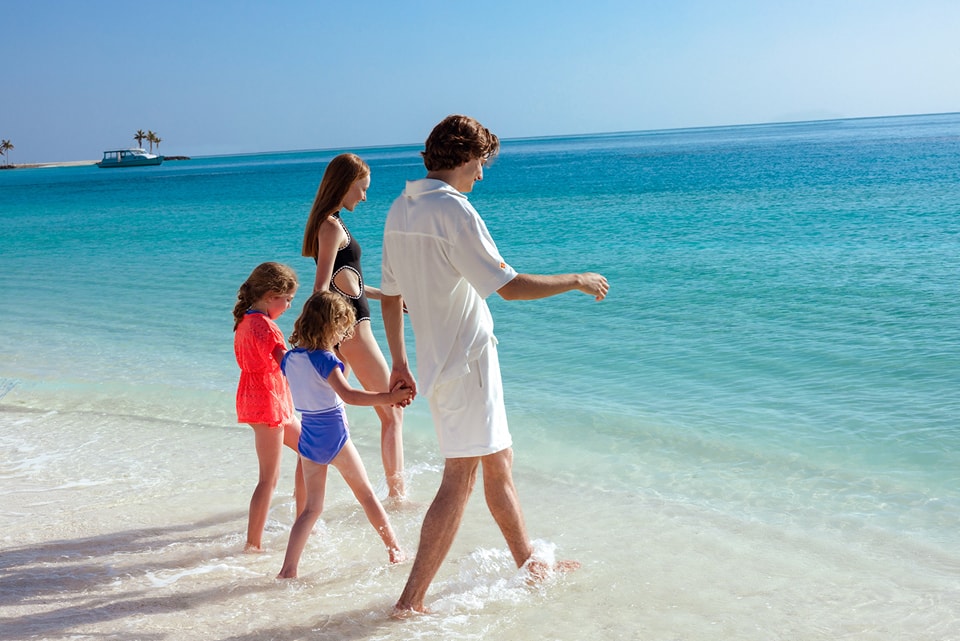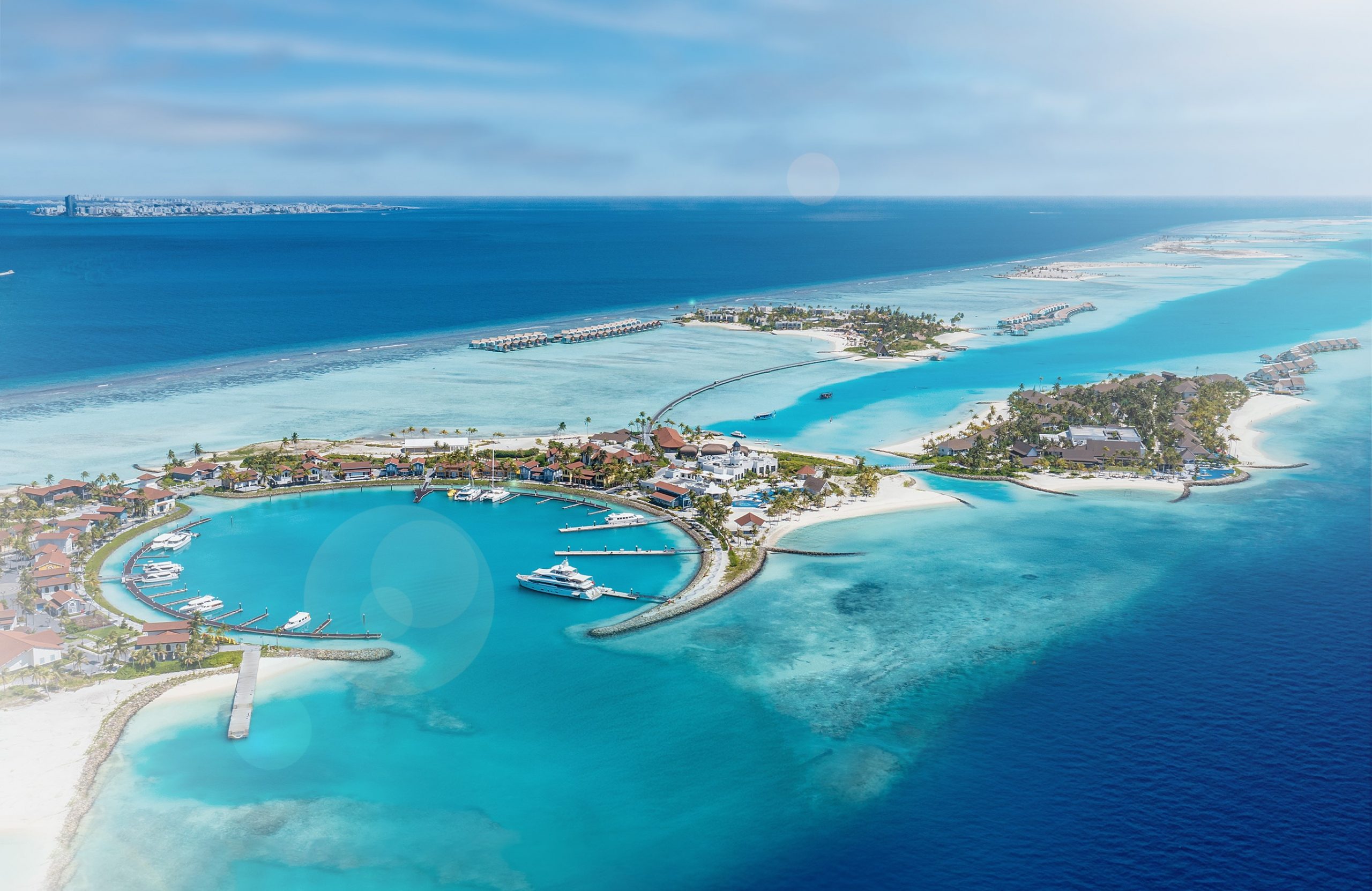The Maldives recorded 91,200 tourist arrivals in April 2021, bringing the total number of total tourist arrivals in 2021 to 389,770. During the month, the island nation witnessing a daily average of 3,040 tourist arrivals.
According to the official statistics from the Ministry of Tourism, tourists spent an average of 9 days in the tropical holiday destination during the month. In April last year, the borders of the Maldives were closed. Compared to the same period of 2019 (pre-pandemic figures), this is a decrease of 44.1%.
By the end of April 2021, Maldives’ tourist arrivals have increased by 1.8% compared to 2021. Moreover, in April 2021, the average duration tourists spent in the island archipelago has also increased. Russia and India continue to retain their position as the biggest individual tourist source markets. However, with the COVID-19 crisis in India, Russia will presumably overtake India as the leading source market in the coming days.
Other leading source markets include; Ukraine, Germany, Kazakhstan, United States, Romania, United Kingdom, Czech Republic, and France.
A total of 724 tourist accommodation facilities are currently open in the Maldives. This includes 154 resorts, 422 guesthouses, 137 safari vessels, and 11 hotels. Meanwhile, 29 airlines are operating flights to the Maldives. Spain’s Iberia will start operations to the Maldives from July 2021. Meanwhile, Air Seychelles will also run its weekly service to the Maldives from June 2021 to October 2021.
Also read: Maldives Records 109,585 Tourist Arrivals in March 2021
The Maldives expects to welcome 1.5 million tourists in 2021. A recent report by the World Bank also reveals that the country’s GDP will grow by 17.1% in 2021 and increase 11.5% in 2022 thanks to tourism. However, the World Bank projects that the Maldives will only reach its pre-pandemic levels of tourism and output in 2023.
Despite the positive outlook, World Bank says that Maldives’ recovery from the pandemic will depend on the uncertain recovery of global tourism and aviation industries.
Feature image by Four Seasons Resort Maldives at Landaa Giraavaru







